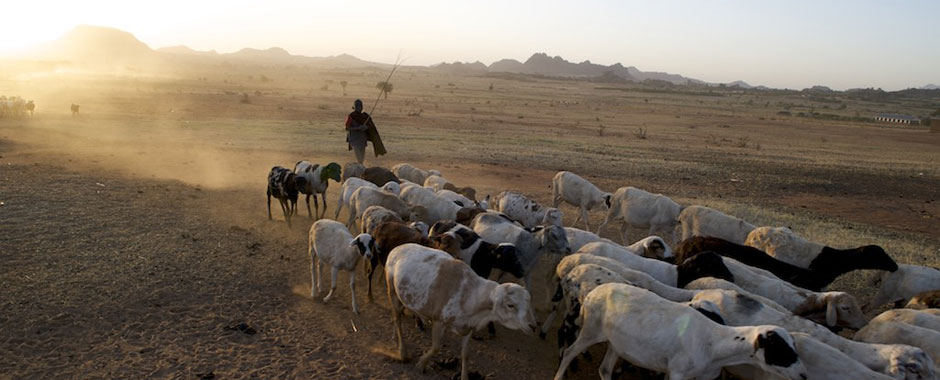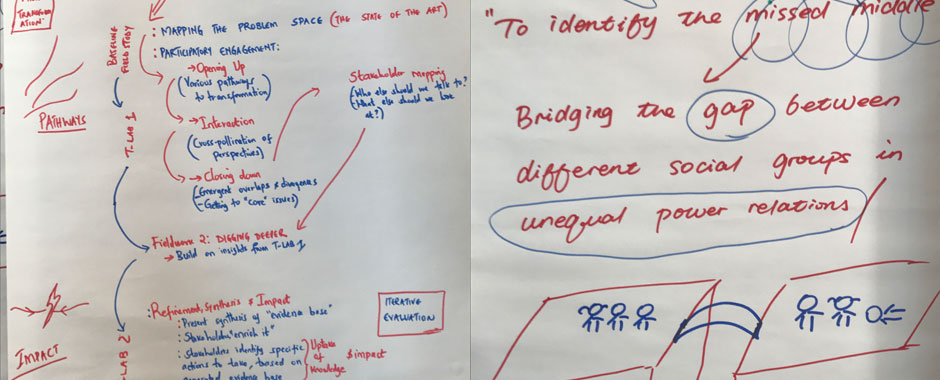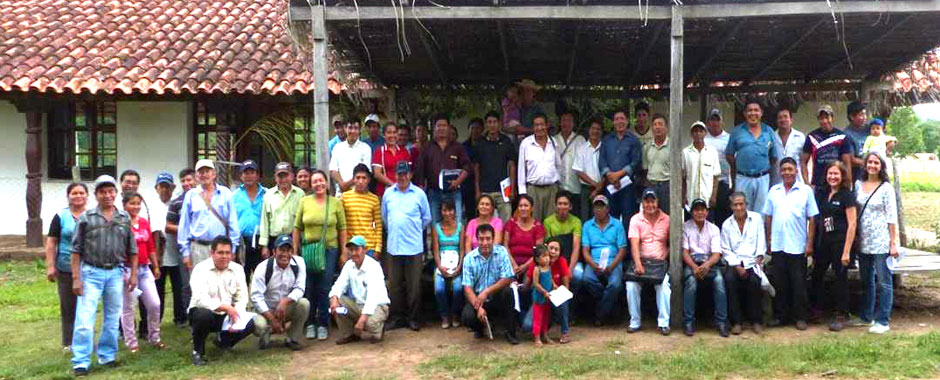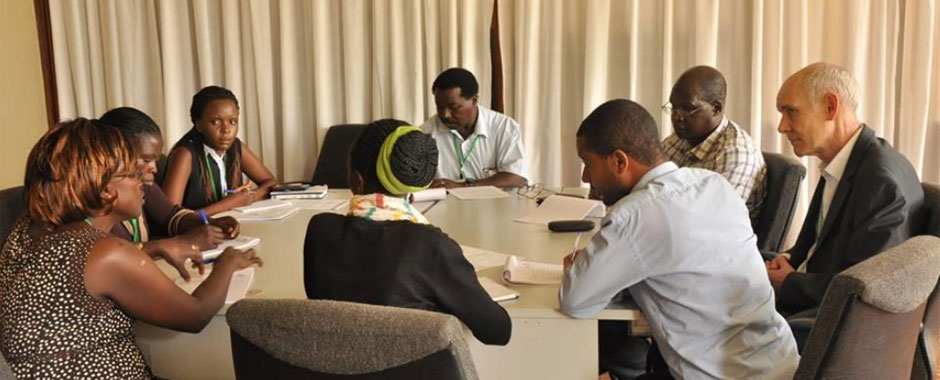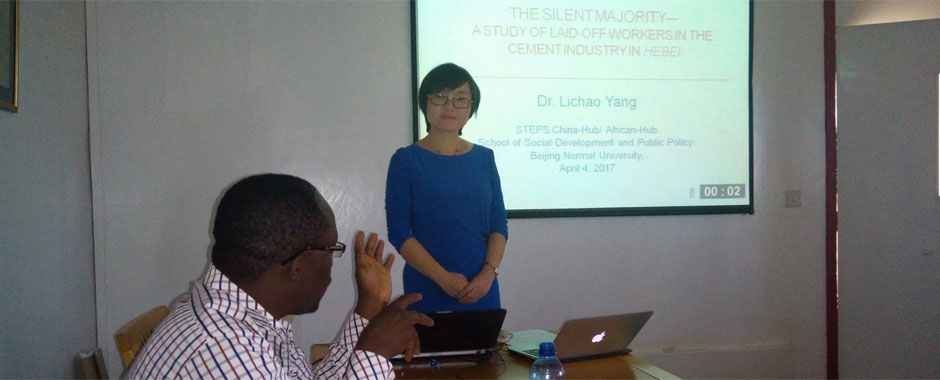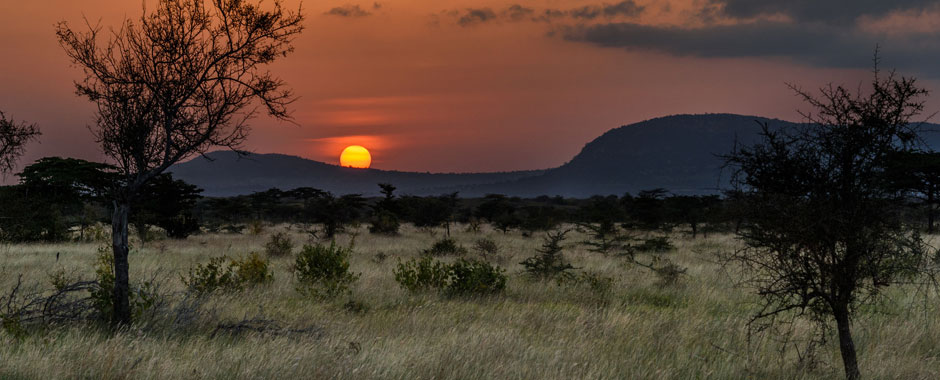by Ian Scoones and Michele Nori, PASTRES project This month we are launching a new European Research Council funded project, Pastoralism, Uncertainty and Resilience: Global Lessons from the Margins (PASTRES)…
Pastoralism, uncertainty, resilience: introducing the PASTRES project
Transformations from Beijing to Nairobi and back: what can we learn from each other?
by Yang Lichao, Kennedy Liti Mbeva and Jiang Chulin This blog post summarises discussions between the Africa and China hubs at the project-wide meeting of the PATHWAYS Network in Dundee…
Research, convening and bridging: sharing insights from the ISSC’s Transformative Knowledge Networks
by Adrian Ely (co-lead, ‘Pathways’ Network), with contributions from Joanes Atela, Mirna Inturias, Dylan McGarry, Iokiñe Rodríguez & Patrick Van Zwanenberg Working with the World Social Science Council’s ‘Transformations to…
Rethinking transformative pathways to equitable growth in Kenya: key research options for the Kenya’s Newton Utafiti Fund
Kenya has witnessed a proliferation of research interventions on both international and national fronts. The country is a host to renowned research and development agencies such as the CGIAR, UN…
Learning across continents on sustainable transformations: a visit from China to Africa
In early April I visited Nairobi for a four-day exchange visit to the African Centre for Technology Studies (ACTS), as part of a project on Transformative Pathways to Sustainability funded…
Beyond policy statements: how politics and ecology combine in land, water and forests
Governing land, water and forests (so-called ‘nexus’ resources) is critical for sustaining livelihoods, especially in the face of emerging shocks such as climate change. This also means that the effectiveness…
How can solar power be part of transformations to sustainability in Kenya?
Transforming pro-poor energy access is a priority goal for many countries in Africa. Many poorer households are not connected to the grid, so use kerosene, paraffin or batteries, or have…
STEPS Africa Sustainability Hub launched in Nairobi
“There is no better time to launch the Africa Sustainability Hub than now,” says Dr Mohamed Kyari from the Human Resources, Science and Technology Department of the African Union. The…
Why access to energy is crucial for economic growth and poverty reduction
This week I am in Nairobi for a conference focused on ‘Low Carbon Africa’, discussing the diverse pathways to low carbon energy. Energy access is a key issue across the…
Community-based Micro Grids: Experiences in Rural Kenya
By Lorenz Gollwitzer I am standing in Olosho-Oibor, a small village three-hours from Nairobi, at the bottom of the Ngong Hills (famous as the place where Denys Finch Hatton crashed his…
